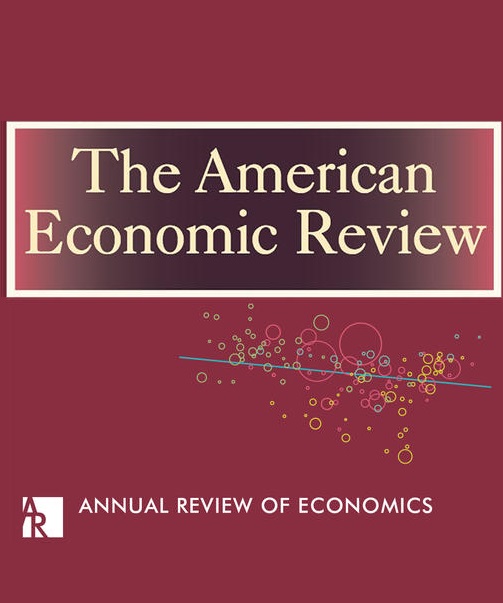持续过度自信和偏见记忆:来自管理者的证据
IF 11.6
1区 经济学
Q1 ECONOMICS
引用次数: 43
摘要
一个长期存在的难题是,过度自信是如何在以反复反馈为特征的环境中持续存在的。本文研究了多次参与高强度赛事激励系统,每次学习相对绩效的管理者。通过简化形式和结构方法,我们发现(1)管理者对未来绩效的预测过于自信;(2)管理者对过去业绩的记忆过于正面;(iii)这两种现象在个人层面上有联系。我们的研究结果与动机信念模型是一致的,在这种模型中,个体被动机扭曲对反馈的记忆,并保持不切实际的期望。(jel d82, d83, j33, l25, l81, m52, m54)本文章由计算机程序翻译,如有差异,请以英文原文为准。
Persistent Overconfidence and Biased Memory: Evidence from Managers
A long-standing puzzle is how overconfidence can persist in settings characterized by repeated feedback. This paper studies managers who participate repeatedly in a high-powered tournament incentive system, learning relative performance each time. Using reduced form and structural methods we find that (i) managers make over-confident predictions about future performance; (ii) managers have overly positive memories of past performance; (iii) the two phenomena are linked at an individual level. Our results are consistent with models of motivated beliefs in which individuals are motivated to distort memories of feedback and preserve unrealistic expectations. (JEL D82, D83, J33, L25, L81, M52, M54)
求助全文
通过发布文献求助,成功后即可免费获取论文全文。
去求助
来源期刊

American Economic Review
ECONOMICS-
CiteScore
18.60
自引率
2.80%
发文量
122
期刊介绍:
The American Economic Review (AER) stands as a prestigious general-interest economics journal. Founded in 1911, it holds the distinction of being one of the nation's oldest and most esteemed scholarly journals in economics. With a commitment to academic excellence, the AER releases 12 issues annually, featuring articles that span a wide spectrum of economic topics.
 求助内容:
求助内容: 应助结果提醒方式:
应助结果提醒方式:


